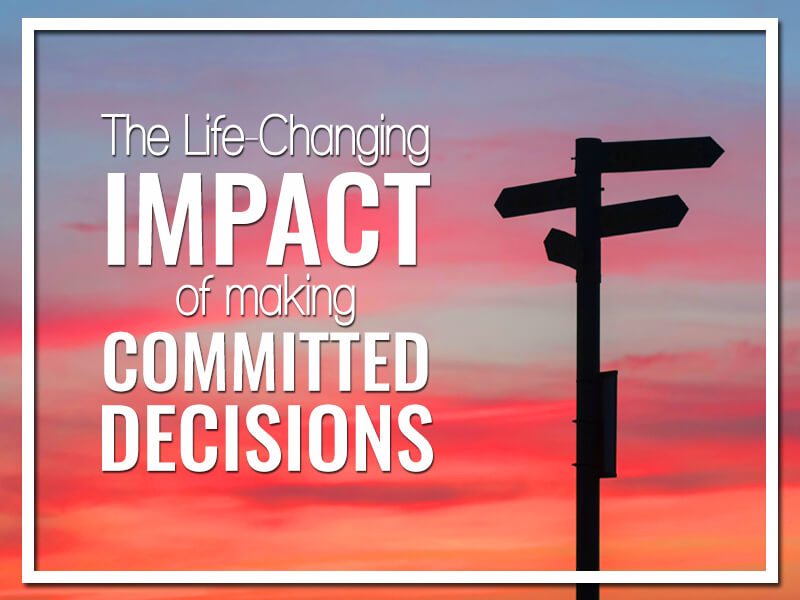Teens live complex lives, filled with pressure and outside influences that can put a heavy strain on their self-image, and negatively impact their confidence.
At the same time, because their brains are still developing, teens aren’t always sure how to interpret life around them, which can lead to confusion and issues with impulse control and rational decision making.
The good news is that teens have higher mental faculties to help them through these challenges. They just need to learn how to draw on them.
In this post, find out how a life coach can help teens gain confidence and effectively navigate through the transition years to become authentic leaders ready to live fully connected, fulfilled and successful lives.
The Pressures of Life as a Teen
The teens and young adults I meet often feel bombarded by outside factors that influence their sense of identity and how they engage with the world.
Here are some of the pressures they’re often confronted with:
- Parents and teachers often apply excessive pressure for teens to perform well, which can increase their anxiety levels.
- Peer pressure is persistent and highly influential. There’s a strong drive for teens to people please and fit in just so they can feel they belong.
- Social media provides a platform for anonymous critics and bullies to target vulnerable teens.
- Ads and programming on radio, TV, social media and print clearly lay out the ideal way to look, walk, talk and live, which creates unrealistic standards for teens to live up to.
- Disruptions in family life—such as divorce, illness, and disputes—can fill a teen’s mind with uncertainties, resentment and a lack of trust.
- The teen cultural acceptance of alcohol and drug use and sex places extraordinary pressure on teens to participate. This opens the door to sexual abuse, risky sexual behaviors, pregnancy, depression, eating disorders, addictions, and suicidal behavior.
The Developing Brain
In addition to these outside factors, teens have to deal with the changes occurring within their developing brains and minds.
A Confusing Time
Adolescence, ages 11-20, is the transitional period in mental development. A child’s brain and mind are simple and have only one way of seeing things.
A mature brain and mind are more complex and can process a complicated world, in which there are many different ways to see things.
Unfortunately, most teens aren’t aware this transition is taking place, so they struggle with knowing which point of view or interpretation, if any, is correct. This creates considerable confusion. The teen has to undergo challenging learning experiences with lots of trial and error along the way.
Impacts on Rational Decision Making
During this transitional phase, the teen brain’s prefrontal cortex is not functioning at full capacity. This is the area of the brain that helps us anticipate the consequences of our planned actions, and inhibit impulsive behaviors.
The prefrontal cortex is considered the “executive centre” of the brain because it’s so instrumental in how mature humans make decisions.
Because their prefrontal cortex isn’t fully developed, teens run into issues with emotional control, impulse restraint and rational decision making. This can leave them feeling very vulnerable, especially in making good judgment calls when they’re confronted with all the influencing factors we’ve been talking about.
How Teens Can Navigate the Change Successfully
This bombardment on teen minds can have a dramatic effect on their self-image, belief systems, and habits. It can have a huge impact on atheir self-confidence, their perceptions of their capabilities, and the degree of potential and the ultimate success they think they can achieve in all areas of their lives.
It’s difficult for teens to create a vision of who they truly want to be and what they want to achieve in life with all these factors dictating how you should be and how you should live your life.
Yes, the world is a challenging place. Teens need more than the knowledge they gain in school to take the lead in their own lives and the lives of others.
To improve their performance and results, teens need to make significant and permanent changes in their belief systems, self-image and habits to improve performance and results. These changes will empower teens to face the world head on with confidence and live more connected, fulfilled and successful lives.
But, how does a teen go about making these changes when there’s an emotional roller coaster ride going on in their minds? Teens need to draw on their higher mental faculties:
- imagination
- perception
- intuition
- reasoning
- will
- memory
These are capabilities teens have, but often don’t know how to use.
How a Teen Life Coach Can Help
A life coach for teens can offer the expertise and objectivity to teach teens how to tap into these higher mental faculties and assist with this transition.
An effective coach can help teens
- Determine a purpose, create a vision and establish goals
- Develop a positive attitude and manage anxiety and stress
- Learn to take ownership of their lives
- Make committed decisions
- Be authentic and develop coping skills
- Set boundaries
- Turn mistakes and failures into learning opportunities
- Remain present and practice mindfulness
- Give back and execute “The Golden Rule”
- Practice gratitude
With effective coaching, teens will gain the confidence they need to make the most of their opportunities and challenges. They’ll learn how to effectively navigate through the transition years and come out the other end authentic leaders ready to live fully connected, fulfilled and successful lives.
Start Living Your Best Life!
Grab your free copy of our guide, “10 Principles to Live Your Best Life”, and learn about 10 essential principles you can practice daily to finally achieve everything you have set your sights on.









